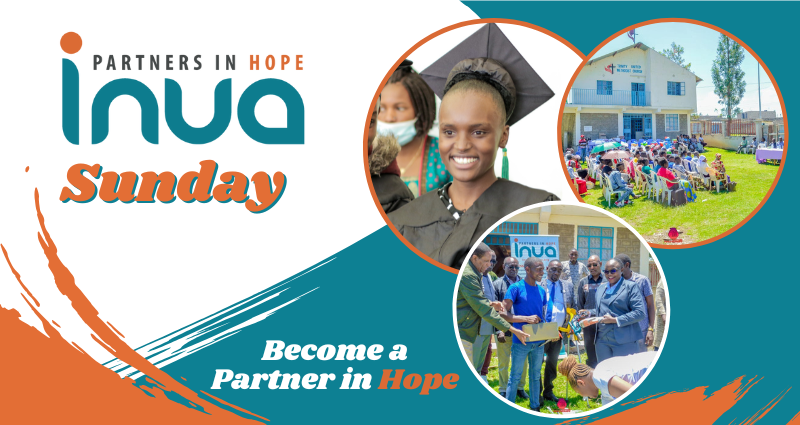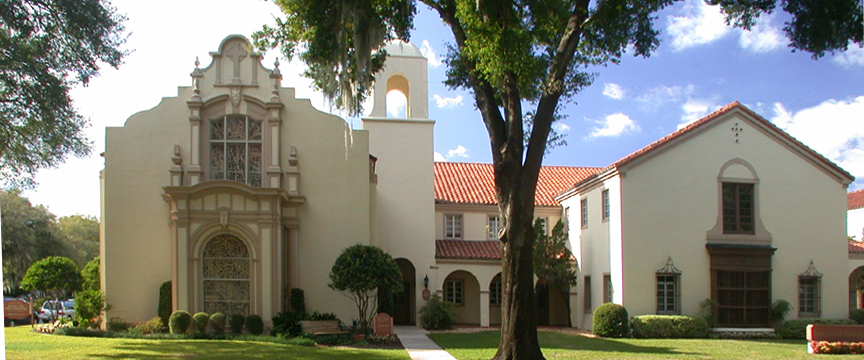So, I have been chewing on something since Sunday. Not with my teeth. In my mind. Gnawing on it mentally. In this particular case, I’ve been ruminating on a podcast by award-winning journalist Krista Tippett called, On Being. In it, Tippett is having a conversation with author Resmaa Menakem. They are talking about racism and Tippett’s quest for wisdom in light of the horrific killing of George Floyd. And as they are talking the topic of white supremacy comes up. And as it does, Tippett shares that she feels herself physically brace. She says she has this experience of tensing up. She feels uncomfortable and reacts physiologically. To which Menakem says – noticing such bracing is exactly where we have to begin to live differently. In other words, change starts with recognizing where we are uncomfortable. And being willing to stay in that discomfort. We may want to walk away. We may even have a physical reaction. But if we leave there is zero chance of growth or reconciliation.
I’ve been thinking about that in light of all that is going on in our country right now. And how as a follower of Jesus Christ, I am called to do justice. Micah 6:8 – “What does the Lord require of you? To act justly and to love mercy and to walk humbly with your God.”
How do I that? Where do I start to act justly? I can’t speak for others. But for me, I confess that as a privileged white man, it is easy to let myself off the hook. To claim confusion or plead ignorance about how. The truth is, there are many ways to act justly. Everything from giving credibility to the voices of those who suffer discrimination, to standing in solidarity with them, to calling for reform, to voting for legislation of equality, to seeking greater diversity in my workplace, neighborhood, and circle of friends, to working with non-profits that fight for justice, to educating myself about racial justice, to teaching our children and grandchildren about the reality of racial injustice. To name a few. There are many hows. But it starts with paying attention to our own uncomfortableness. It begins with the willingness to stay in a difficult conversation.
In a large part, this is why I called our church family to fast this week. Fasting is often associated with food. Which makes some of us reluctant to practice it as a spiritual discipline. I love what Christian author Brian McClairen says about fasting. He says that when he fasts, he doesn’t feel closer to God. He feels closer to pizza. And tostado chips. But fasting can take a variety of forms. From fasting from media to fasting from discretionary spending. The power of the fasting is not in the specifics. The power is found in creating space in your life to listen and recognize what is going on.
This week, I am fasting from the news. This may not seem like a big deal for you. But I am a news junkie. I read the news feed first thing in the morning. And I read it throughout the day when I have a moment of downtime. Already I have started to pull up a news website at least 72 times. I am discovering that knowing the news plays into a false sense of control over what is happening my the world. It fires me up when I read about political news and keeps my adrenaline pumping. So that life constantly has this frenetic feeling. And it distracts me from interacting with other people. With the news constantly at my fingertips, I don’t have to ask others what it going on in their lives or our world.
By eliminating a constant stream of news, I have created space to listen. And in particular to listen to what is going on in my heart. And to listen to what God has to say about it. Including those places that I am uncomfortable. And there is a lot to feel uncomfortable about right now.
As you think about what is happening in our country. And particularly what our brothers and sisters in the Black community have experienced and are experiencing. Where do you tense up? What makes you physically brace? I suspect that it is only as we stay in that discomfort that we will finally start to lay the foundation to act justly. Noticing such bracing is exactly where we have to begin to live differently.
Won’t you join me in listening? How can you create the space in your interior life to hear God and to hear yourself? Are you willing to set aside and give up in order to live differently?
Next Wednesday evening we will be hosting a zoom conversation about our experiences of fasting. And what God has called our church to do to act justly. I pray you will join us. Until then keep chewing! In the name of the Father, the Son and the Holy Spirit. Amen.






















































